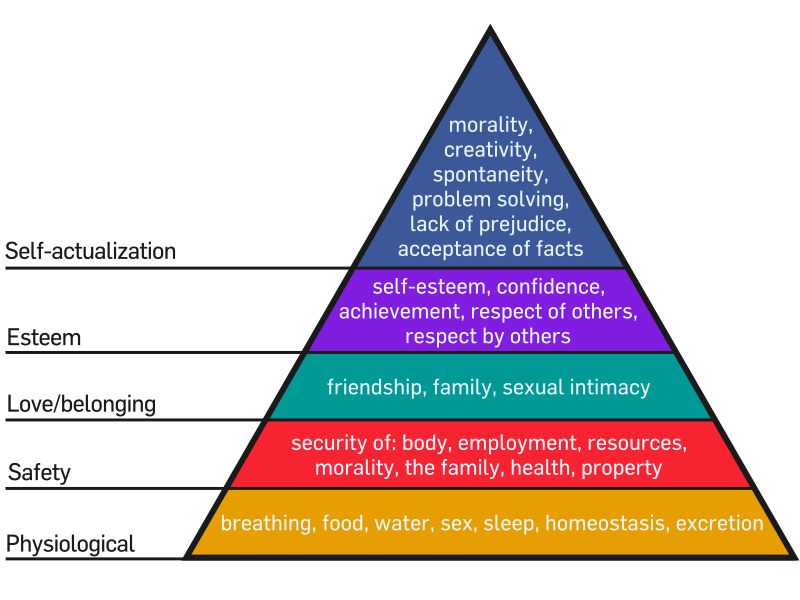There are so many different words we can use to describe marketing in today’s business climate – collective, cooperative, collaborative, connected, social, relational, digital, immediate, on-demand, integrated, flexible, pull, measurable, inbound, visual, discussion-based, creative, transparent, organic, relevant, personal, humanized, credible, sophisticated, entertaining, influential, interactive… I’m sure you can think of at least 20 more.
I think there is one particular term that marketers need to pay special attention to: EXPERIENCE. And I’m not talking about the brand experience you may be thinking about, which I have addressed before that is focused on how the consumer experiences the brand across channels. I’m talking about the experience a consumer has when engaging with what the brand has to offer.
All marketers know what their brands/products/services are, their features and benefits, and how much they cost. But focusing on the distinct experience the consumer can expect from YOUR brand/product/service, and how it will improve the consumer’s existence, affords the marketer the understanding of how to build the relationship between the brand and its consumers. To focus marketing initiatives around Consumer Experience allows you to deliver the essence of the brand through the impact its products and services have on consumers. These emotionally-charged marketing efforts illustrating consumer experiences with products and services help build the foundation of the relationship between brands and consumers, thereby building loyalty and advocacy.
The goal of Experience Marketing, in this sense, is to create emotional connections with consumers by highlighting how using a product or service benefits them on a deeper level based on Maslow’s Hierarchy of Needs.
It’s important for marketers to remember that each individual audience member controls how he or she engages with the brand’s content, including how/when/where it is received (i.e. email, RSS, website, social platforms, direct mail, mobile app, visit to a brick-and-mortar store) and what kind of interactions he or she has with it (i.e. consume it, react to it with a like, respond to it, comment on it, share it, talk about it).
With Experience Marketing, a marketer is really only limited by their own creativity (and budget, of course). Each brand needs to know what it wants to mean to consumer, how that relates to consumer needs, and ultimately how it wants to make the consumer feel. Once these things are determined, a marketer can identify which consumer experiences to highlight and the ideal combination of channels to provide their consumers with those unique, shareable experiences.
In a nutshell, to market Experiences properly, a marketer should:
- Identify, research, analyze, and develop a deep understanding of your audience and your competition.
- Determine what kind of valuable, remarkable and differentiating experiences your brand/product/service offers your different audiences and how those experiences relate to Maslow’s Hierarchy of Needs.
- Understand the available channels, and their advantages and limitations.
- Learn how your audiences use these channels and determine which of the channels they use would be best to communicate the experience.
- Craft channel-appropriate content and messaging that illustrates your brand experiences for your audiences and deliver them at the right time.
Does this sound like Marketing 101? It kind of is… But it’s important to understand these steps and how they relate to marketing experiences.
In order to understand what kind of experiences your audience would deem “remarkable” and “valuable” you have to have a thorough understanding of your audience. You also need to have knowledge of your competition so you can determine which experiences set your brand and its products and services apart from the rest.
Have you engaged in experience marketing as a marketer? What kind of experience marketing have you encountered as a consumer – has it had an impact?
Want to learn more? Check out this recent Forbes article: “The Psychology And Philosophy Of Branding, Marketing, Needs, And Actions.“


